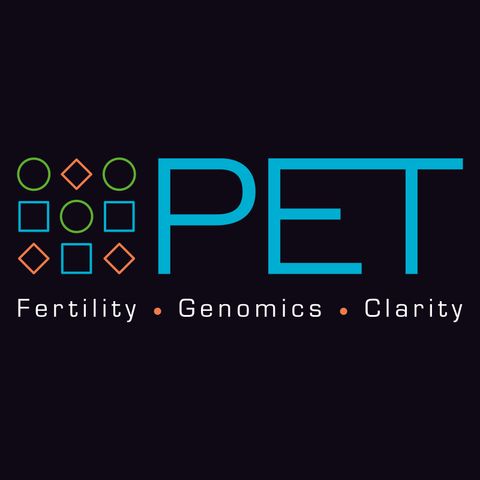Counselling and Assisted Reproduction: When, Why and by Whom Should It Be Offered?

Download and listen anywhere
Download your favorite episodes and enjoy them, wherever you are! Sign up or log in now to access offline listening.
Description
This episode of the https://www.spreaker.com/show/progress-educational-trust-podcast discusses different types of counselling that are sought, offered, recommended or required in relation to fertility treatment, gamete donation, and assisted conception more broadly. The...
show moreThe discussion is chaired by Sarah Norcross (Director of PET), with contributions from:
⚫ Alison McTavish (Member of the Human Fertilisation and Embryology Authority)
⚫ Angela Park (Fertility Counsellor at Aberdeen Fertility Centre)
⚫ Lee Noquet (Egg Donor Coordinator at the Edinburgh Fertility Centre)
⚫ Professor Jacky Boivin (Professor of Health Psychology at Cardiff University)
Different types of counselling may be sought, offered, recommended or required in relation to assisted conception. The language around such counselling can sometimes be confusing, leading to mismatched expectations of what counselling entails and who is best placed to deliver or facilitate it.
Of particular importance are distinctions between:
⚫ Information counselling – This involves the provision of medical information. Under UK regulation, such counselling must be provided in order for a fertility patient's consent to be valid. This sort of counselling would usually be provided by a member of the medical team.
⚫ Therapeutic counselling – This involves helping a person deal with (current, future or potential) challenges, decisions, difficulties, distress or emotions. Under UK regulation, such counselling is not required in order for consent to be valid (indeed, it is an important principle that such counselling is voluntary). The content and outcome of such counselling is usually confidential.
⚫ Implications counselling – This involves the provision or clarification of information about the implications of treatment or donation, and also involves exploring these implications. This has fallen into a grey area. Who is qualified to deliver such counselling? Is such counselling necessary, in order for consent to be valid? Does it, or can it, include a therapeutic element?
PET is grateful to the Scottish Government for supporting this discussion.
PET is also grateful to Jon Nicoll, who created the opening and closing music for its podcast.
Register at https://www.progress.org.uk/events/upcoming-events/ for upcoming PET events.
Information
| Author | Progress Educational Trust |
| Organization | Progress Educational Trust |
| Website | - |
| Tags |
Copyright 2024 - Spreaker Inc. an iHeartMedia Company
